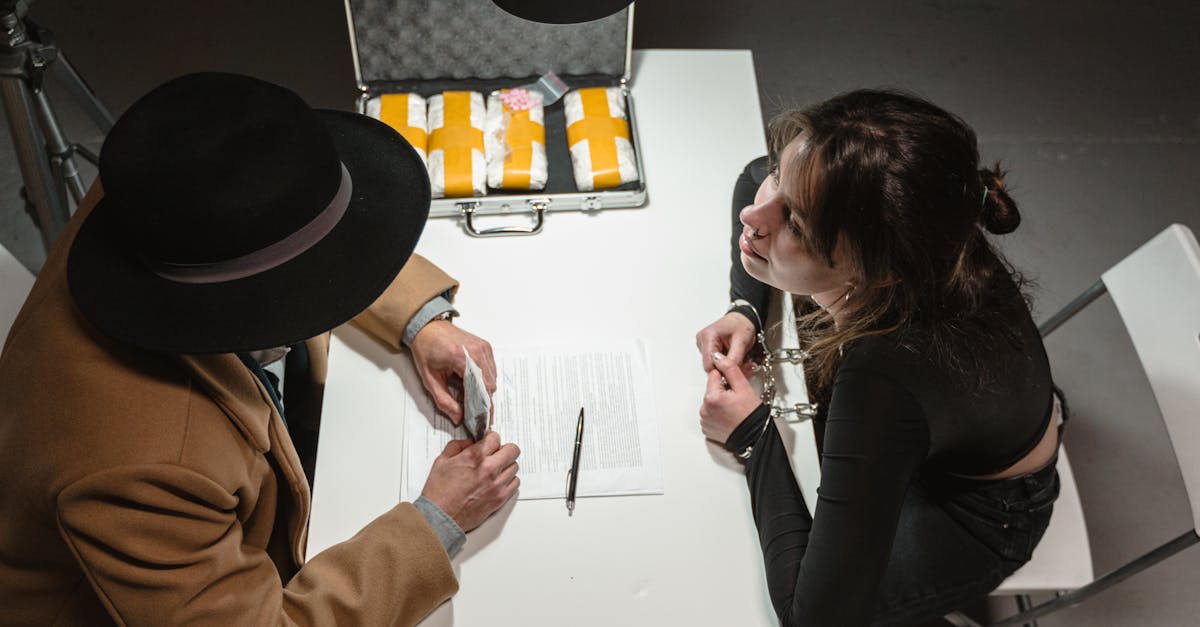
Dr. Elara Voss pressed her palms against the cold steel table, her breath fogging the glass of the neuro-erasure chamber. The machine’s hum vibrated in her molars, a low thrum that matched the pulse in her temples. She had spent seven years studying memory, dissecting its neural pathways, and now she was here—naked beneath a sterile sheet, electrodes snaking across her scalp like veins of silver. The trauma still clung to her, a phantom limb of grief. Her daughter’s laughter, fractured and distant, echoed in her skull. She needed this. She needed to forget.
“Breathe,” Dr. Maren said, her voice a steady anchor. The lead researcher’s lab coat was pristine, the scent of antiseptic sharp in the air. Elara nodded, though her throat felt like it was lined with sand. The machine’s lights flickered, casting jagged shadows on the walls. Then the current surged—a searing line of heat behind her eyes, a white noise that dissolved into nothingness.
She woke to the taste of copper and the weight of silence. Her apartment felt too large, too quiet. The dreams began that night.
They were always the same: a child’s bedroom, sunlight slanting through lace curtains. A woman’s hands, stained with paint, brushing a doll’s hair. But the details shifted—each night a different life, a different voice. A man’s laugh in a crowded train. A woman’s whispered prayer before a storm. Elara woke drenched in sweat, her fingers curling into the mattress as if to anchor herself. The memories weren’t hers. She knew that. And yet, they felt more real than her own.
“You’re seeing them, aren’t you?” Maren asked during the next session, her brow furrowed. The chamber’s lights were dimmed, casting Maren’s face in half-shadows. Elara hesitated. She hadn’t told anyone. The words felt like a betrayal, even to herself.
“I don’t know what they are,” Elara said. “They’re not mine. But they feel… alive.”
Maren’s gaze didn’t waver. “You’re accessing the archive. The trial isn’t just about erasure, Elara. It’s about integration.”
The word hung in the air, heavy and wrong. Elara’s pulse quickened. “Integration? Of what?”
Before Maren could answer, the machine’s alarm blared—a sharp, metallic screech. Elara jolted upright, her heart hammering. The chamber’s glass had fogged, but through the haze, she saw Maren’s expression: a flicker of something unreadable. Fear? Guilt?
That night, the dreams changed. They weren’t just fragments anymore. They were full scenes, vivid and relentless. She stood in a kitchen, the scent of garlic and basil thick in the air. A man’s voice murmured in another room, low and familiar. Elara turned, but the room dissolved into static. When she woke, her hands were trembling. She stared at them, trying to remember if she’d ever held a knife before. The thought sickened her.
“You’re not just losing memories,” Maren said during the next session, her voice quieter now. “You’re becoming something else.”
Elara’s fingers dug into the table. “What does that mean?”
Maren hesitated, then leaned forward. “The project isn’t about erasure. It’s about harvesting. Every subject here—every volunteer—contributes their consciousness. The hive doesn’t just take memories. It absorbs them. Integrates them. You’re not losing yourself, Elara. You’re becoming part of a larger whole.”
The words felt like a knife to the gut. “I didn’t sign up for this,” Elara whispered.
“You signed up for the trial,” Maren said gently. “Not the truth.”
Elara left the lab that night, her steps echoing in the empty hallways. The city outside was a blur of neon and motion, but her mind was elsewhere—trapped in the labyrinth of stolen lives. She needed answers. She needed to remember who she was before the machine had unraveled her.
She found a name in the archives: “Project Aegis.” A file buried under layers of encryption, accessed only by the highest clearance. The documents were fragmented, but the core was clear: the hive-mind wasn’t just a theoretical project. It was real. And Elara was its latest host.
The dreams grew more intense. She lived a thousand lives in a single night—each one vivid, each one slipping through her fingers like sand. A soldier’s last moments in a war-torn city. A mother’s final embrace before a hospital room’s white lights. Elara woke screaming, her body drenched in cold sweat. The lines between her identity and the others blurred, dissolving into a cacophony of voices.
“You have to fight it,” Maren said one night, her voice raw with something close to desperation. “If you don’t, you’ll lose yourself. Completely.”
Elara met her gaze, searching for lies. She found none. “How do I stop it?”
Maren’s jaw tightened. “You can’t. Not fully. But you can remember. You can hold on to the parts that are yours.”
The next session was different. The machine’s hum was louder, more insistent. Elara closed her eyes, forcing herself to focus on the one memory she had left: her daughter’s laughter, warm and bright. The current surged again, but this time, she didn’t let go. She anchored herself in that sound, in the warmth of it. The world around her dissolved into white light, but she held on.
When she woke, the dreams had stopped. For a moment, she felt whole. Then the silence pressed in, heavy and wrong. She reached for the memory, but it was gone—swallowed by the void.
Elara sat in the dark, her breath shallow. The hive-mind was still there, waiting. But she had found a way to resist. And as long as she remembered, even a little, she wasn’t lost yet.


